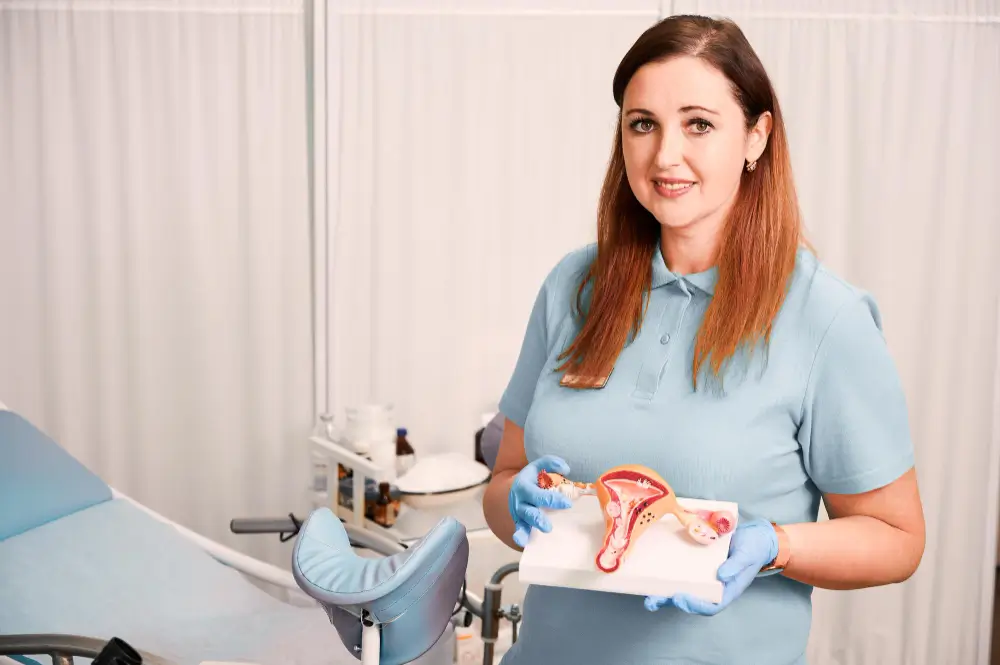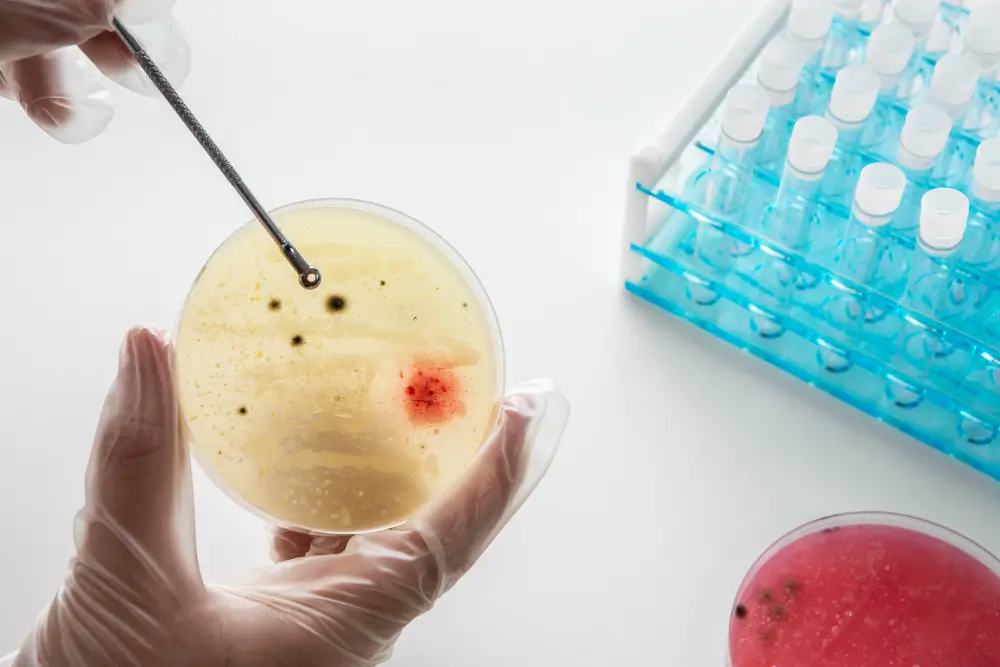Egg donation has opened doors for many intended parents who want to build their families. As assisted reproductive technologies advance, one key part of the process has become ever more important: genetic testing egg donation. For agencies like Indian Egg Donors, ensuring a donor’s genetic profile meets the highest standards plays a central role in building confidence, safety, and transparency.
In this guide, we’ll explore why egg donation genetic screening matters, how it’s performed in donor egg programs, what the implications are for recipients and donors, and how working with a trusted provider such as Indian Egg Donors can support this journey.
Why Genetic Testing Matters in Egg Donation
Genetic testing is not just an optional extra—it is a vital step in modern egg-donor screening. A genetic evaluation reviews a donor’s family history, checks for carrier status of hereditary diseases, and serves to reduce the risk for future children.
Here are some of the core reasons why genetic testing is critical:
- Reducing the risk of inherited diseases. Some genetic conditions might lie hidden—donors may not exhibit symptoms but still carry recessive genes that could be passed on. Carrier screening egg donors helps identify such carriers.
- Matching donor and recipient profiles. With donor egg genetic testing, it is not just the donor’s genes but how they combine with the sperm or the recipient’s genetics. Matching becomes safer when compatibility is considered.
- Increasing the likelihood of a healthy pregnancy and child. While genetic testing cannot guarantee outcomes, it gives both donor and intended parents clarity about potential risks and what the screening finds.
- Ethical transparency and informed consent. Donors and intended parents appreciate knowing what tests are done, what results might show, and what decisions may follow. Agencies like Indian Egg Donors emphasise this in their screening process.
When you’re working with an experienced provider, you not only get access to screened donors but also benefit from counselling and clarity that come from thoughtful oocyte donation genetic testing.
How Genetic Testing Is Performed in Donor Programs
The process of egg donor genetic tests typically includes several steps:
- Family history review and genetic counselling. A trained professional interviews the donor and collects details about conditions, carrier status, or hereditary issues.
- Carrier screening and sample analysis. This often involves blood or saliva testing to detect DNA changes that may indicate carrier status for single-gene disorders or chromosomal anomalies.
- Genetic matching and compatibility testing. Some programs conduct compatibility tests between donor and intended parents so that the chance of both carrying the same gene is minimised.
- Review of test results and decision-making. The results are reviewed by genetic counselors and fertility specialists who evaluate eligibility, possible risk levels, and what the donor profile means for the recipient.
- Ongoing transparency. Donors and recipients are often given summaries or reports of what was found, what the implications are, and what the next steps may be—all part of informed decision-making.
Working with a partner like Indian Egg Donors means these steps are handled as part of the overall egg donor process: you benefit from professional oversight, ethical standards, and clear communication.
What Genetic Testing Means for Intended Parents
For people seeking donor eggs, understanding genetic testing donor eggs helps build confidence in their decision. Here are some key considerations:
- You gain more assurance. Although no screening can eliminate all risk, knowing your donor has undergone thorough testing means fewer unknowns.
- You can ask better questions. You might ask: What conditions were screened for? Were tests done for ethnicity-specific genes? How does the donor’s carrier status compare with the sperm or the recipient’s?
- Be aware of limitations. Genetic testing is not perfect—some variants are of “uncertain significance” and cannot always be interpreted neatly.
- Consider the bigger picture. Donor programs that include genetic testing alongside psychological and medical screening tend to lead to more confident journeys. The agency emphasises that testing is one part of a full-service approach.
- Ethical and emotional readiness. Understanding results in advance helps parents prepare mentally and emotionally for the journey ahead.

Why Choosing a Reputable Donor Program Matters
When you commit to a donor process, the agency or provider you choose significantly shapes your experience. Working with Indian Egg Donors offers major advantages:
- They maintain a strong donor database, including those who’ve undergone genetic safety egg donation protocols and meet strict medical standards.
- Their physician-led model prioritises medical oversight, counselling, and ethics—enhancing the value of testing.
- With international experience, they understand how testing requirements vary globally.
- They prioritise transparency, explaining each test and result clearly to both donors and recipients.
With proper guidance, genetic testing egg donation ensures the foundation of your family’s journey is based on health, clarity, and trust.
Final Thoughts
Genetic testing egg donation is far more than a clinical requirement—it represents care, foresight, and responsibility toward the future child and family. It gives intended parents peace of mind, minimizes risk, and upholds ethical standards throughout the process.
When you work with Indian Egg Donors, you gain not only a trusted partner but also access to expert screening and counselling designed for safety and transparency.
Start your journey with confidence. Contact us at (212) 661-7177 today to learn how their advanced genetic screening ensures safety, clarity, and peace of mind in your egg donation process.
Frequently Asked Questions:-
Q. Why is genetic testing important in egg donation?
Ans. Genetic testing in egg donation helps detect hereditary conditions early, supporting healthier pregnancies and improving outcomes for intended parents. It ensures that both the egg donor process and the embryo development start on a safe foundation.
Q. What does genetic testing check for in egg donors?
Ans. Egg donation genetic screening examines inherited disorders, carrier traits, and chromosomal issues. This ensures donors are suitable and helps prevent the transmission of genetic diseases to future offspring.
Q. Do all egg donors undergo genetic testing?
Ans. Yes. Reputable programs like Indian Egg Donors include oocyte donation genetic testing as part of their standard evaluation to promote genetic safety and ensure quality donor selection.
Q. Can intended parents request additional genetic tests?
Ans. Absolutely. Parents can request carrier screening for egg donors or other advanced genetic panels to enhance compatibility and minimize hereditary risks.
Q. Does genetic testing guarantee a healthy baby?
Ans. While genetic testing donor eggs can’t guarantee a completely risk-free outcome, it significantly reduces the chance of passing on preventable or serious genetic conditions, promoting overall genetic safety in egg donation.

Dr. Veera Saghar
As an Egg Donor Coordinator, she plays a critical role in our company. Her background as a medical graduate from ISRA UNIVERSITY in Pakistan provides us with a solid foundation in the medical sciences. She has seven years of clinical experience practicing in the USA. This has given her firsthand experience when collaborating with patients and their families.
She is responsible for managing the process of egg donation from start to finish. We identify and screen potential egg donors.










